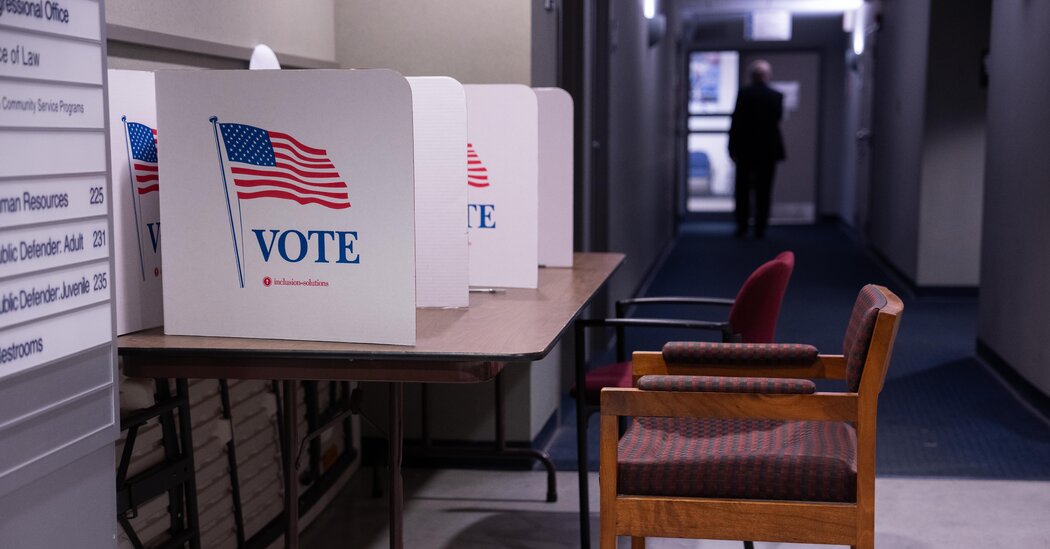This year’s early voting period appears to be far more polluted with election misinformation than those in previous presidential races, according to researchers who track disinformation.
The tidal wave of falsehoods, anecdotes and rumors is adding confusion and chaos to this year’s election process, forcing election administrators to forcefully debunk them in statements and social posts that have struggled to break through the noise. The misleading narratives have already spurred lawsuits and could fuel additional legal claims that may slow the electoral process or the declaration of winners.
“I don’t know exactly how to measure it, but it certainly feels like an enormous problem,” said Amy Cohen, the executive director of the National Association of State Election Directors. “It just feels so, so difficult to get our arms around it.”
Here are five reasons this year’s early voting period is flooded with falsehoods.
1. Early voting has increased
More voters have embraced early voting and mail-in voting since 2020, creating a longer period of interaction between voters and election officials. That has inadvertently led to the kind of tense and confusing exchanges that can spin into controversy online and spread wildly before the facts are known.
Pennsylvania officials, for example, have spent the early voting period battling one falsehood after another, including a claim that a postal worker committed voter fraud when a video showed that he was simply delivering mail-in ballots.
“The period of time to generate all of those Election Day rumors is stretched out across all of these early in-person voting periods,” said Kate Starbird, a founder of the Center for an Informed Public at the University of Washington.
